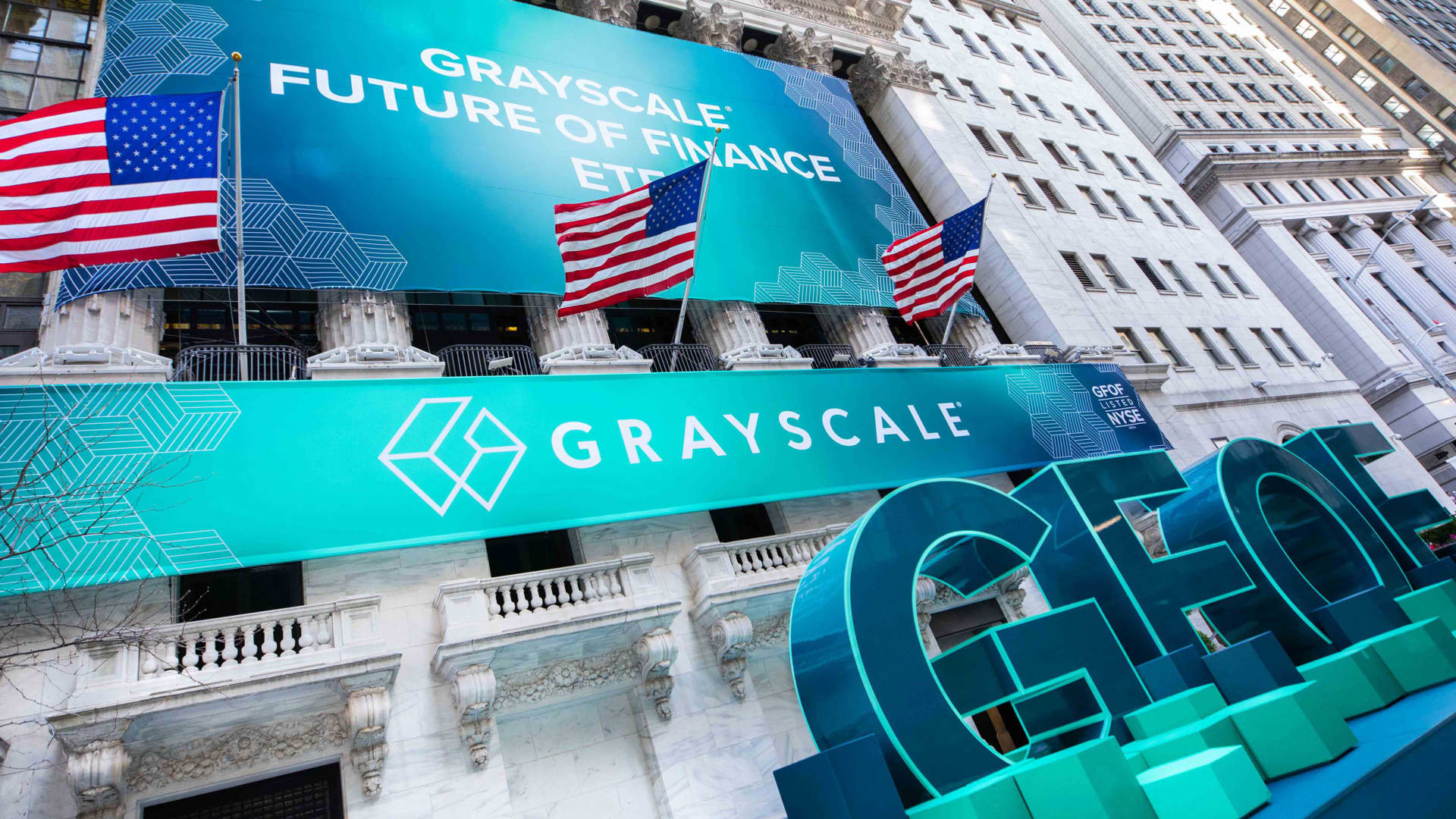Technology
Tuesday, November 14th, 2023 2:48 pm EDT
Key Points
- Revelation of Lucrative Google-Apple Search Default Agreement: The article reveals that Google pays Apple more than a third (36%) of its search advertising revenue from Safari under their search default agreement. This figure, previously undisclosed to the public, serves as a clear indication of the substantial financial benefits derived from the search deal for both Google and Apple. The search default agreement has been a focal point of a protracted antitrust battle between Google and the Department of Justice, with both companies resisting disclosing details due to potential anticompetitive implications.
- Unexpected Disclosure in Antitrust Proceedings: Alphabet’s expert witness, Kevin Murphy, a professor of economics at the University of Chicago, made the disclosure unexpectedly during the antitrust proceedings. This revelation was part of Alphabet’s defense against the Justice Department’s claims that Google is illegally maintaining dominance over search and advertising markets. The disclosure reportedly prompted a visible reaction from an antitrust partner, John Schmidtlein, indicating the significance and unexpected nature of the information provided in court.
- Financial Impact and Industry Reactions: The disclosed 36% figure underscores the financial dynamics of the Google-Apple search default agreement, with Bernstein analyst Toni Sacconaghi estimating that Apple could generate $19 billion in revenue in 2023 from this deal. The search default agreement is described as the “heart” of the case by Judge Amit Mehta, and it is highlighted that Wall Street is closely monitoring these proceedings. While Alphabet CEO Sundar Pichai defended such deals, competitors like Microsoft CEO Satya Nadella have expressed concerns, describing the arrangement as damaging to their business. Nadella’s testimony emphasizes ongoing dialogues with Apple over a default search engine deal for Microsoft’s Bing, even if it meant facing short-term losses, and his assertion that the idea of an “open web” is misleading, suggesting the dominance of the “Google web” in the digital landscape.
In a surprising revelation during the ongoing antitrust battle between Google and the Department of Justice, an Alphabet witness disclosed that Google pays Apple more than a third (36%) of its search advertising revenue from Safari under their search default agreement. This figure, previously undisclosed to the public, sheds light on the significant financial impact of the search deal for both companies. Google and Apple have been resistant to revealing such details, citing potential anticompetitive effects.
Alphabet’s expert witness, Kevin Murphy, a University of Chicago economics professor, disclosed this information unexpectedly as part of Alphabet’s defense against the Justice Department’s allegations that Google unlawfully maintains dominance over search and advertising markets. The disclosure reportedly prompted a visible reaction from Williams & Connolly antitrust partner John Schmidtlein.
The search default agreement, described by Judge Amit Mehta as the “heart” of the case, has become a focal point in the proceedings. The financial implications of the Google-Apple deal are significant, with Bernstein analyst Toni Sacconaghi estimating that Apple could generate $19 billion in revenue in 2023 from the search engine default deal with Google.
Alphabet CEO Sundar Pichai has defended such agreements in his testimony, emphasizing their legitimacy. However, competitors of Google, such as Microsoft CEO Satya Nadella, have voiced concerns. Nadella, during his testimony in October, detailed ongoing discussions with Apple to secure a default search engine deal for Microsoft’s Bing. Despite potential short-term losses amounting to billions, no agreement had materialized at the time of Nadella’s testimony.
Nadella criticized the notion of an “open web,” asserting that, in reality, there exists the “Google web.” This implies that Google’s dominance in search has created an environment where competitors find it challenging to compete on an equal footing. The ongoing antitrust battle underscores the contentious nature of these deals and their broader implications for competition within the digital landscape.
As the proceedings continue, the disclosed 36% figure adds a concrete dimension to the financial dynamics of the Google-Apple search default agreement, bringing attention to the potential anticompetitive effects and the substantial revenue generated for both tech giants. Neither Apple nor Google has immediately responded to requests for comments on this revelation.
For the full original article on CNBC, please click here: https://www.cnbc.com/2023/11/14/apple-gets-36percent-of-google-search-revenue-from-safari-alphabet-witness.html




